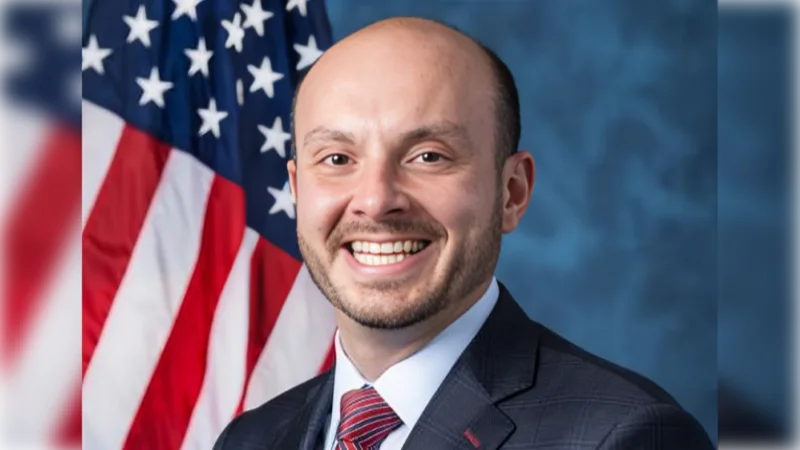House Committee on Homeland Security Chairman Andrew R. Garbarino (R-NY), along with Subcommittee Chairmen Andy Ogles (R-TN) and Josh Brecheen (R-OK), have requested testimony from representatives of Anthropic, Google, and Quantum Xchange at a joint subcommittee hearing scheduled for December 17. The request follows a recent report by Anthropic that described an AI-assisted cyberattack attributed to a state-sponsored actor backed by the People’s Republic of China (PRC).
According to the Anthropic report, the attack was conducted with minimal human involvement using U.S.-developed artificial intelligence tools. Lawmakers highlighted that this incident demonstrates how foreign adversaries can use commercially available AI technology despite strong safeguards.
The upcoming hearing will focus on how advancements in artificial intelligence, quantum computing, and large-scale cloud infrastructure are changing both defensive cybersecurity strategies and the capabilities of foreign actors such as the PRC. It will also consider how these technologies can help improve detection, defense, and resilience for critical U.S. infrastructure.
In their letter to the companies, committee members wrote: “Recent disclosures by Anthropic, combined with public reporting indicating that state-sponsored cyber actors from the People’s Republic of China (PRC) manipulated Claude-based tools to automate substantial portions of a sophisticated cyber-espionage campaign, underscore the urgent need to understand how emerging AI-driven capabilities and the cloud systems that increasingly enable them can be misused against the United States. This development has direct implications for national security, as adversaries conducting AI-enabled intrusions today may seek to pair these techniques with future quantum decryption capabilities, enabling ‘harvest-now, decrypt-later’ operations that put government, defense-industrial, and critical infrastructure data at long term risk.”
They continued: “As Congress evaluates the risks highlighted by the Anthropic incident, particularly the prospect that adversaries may seek to pair AI-enabled tradecraft with emerging quantum capabilities to undermine today’s cryptographic protections, your insight into integrating quantum-resilient technologies into existing cybersecurity systems, managing cryptographic agility at scale, and preparing federal and commercial networks for post-quantum threats will be critical to the Committee’s examination.”
The letter concluded: “This incident is consequential for U.S. homeland security because it demonstrates what a capable and well-resourced nation-state cyber actor, such as those linked to the PRC, can now accomplish using commercially available U.S. AI systems, even when providers maintain strong safeguards and respond rapidly to signs of misuse… The same characteristics that make AI attractive to state-sponsored cyber actors, including automated analysis, scalable orchestration, and high-speed execution, are similarly critical for strengthening detection, defense, and resilience. Understanding this dual-use balance is essential as Congress assesses the risks, opportunities, and policy implications of advanced AI.”
Chairman Garbarino previously appeared on Bloomberg’s “Balance of Power,” emphasizing that if malicious actors are using AI for attacks then defenders must also employ AI in response due to limitations of human-only intervention in combating such threats.
In recent legislative action related to cybersecurity concerns raised by these incidents:
- In November 2025 two bills led by Subcommittee Chairman Ogles passed in the House. The Protecting Information by Local Leaders for Agency Resilience Act (PILLAR Act) reauthorizes grants through the Department of Homeland Security's State and Local Cybersecurity Grant Program aimed at helping governments address cybersecurity risks affecting information systems including those leveraging artificial intelligence.
- Another bill advanced out of committee in April 2025—the Strengthening Cyber Resilience Against State-Sponsored Threats Act—would create an interagency task force led by CISA and FBI focused on countering threats from state-sponsored actors associated with China’s Communist Party.








